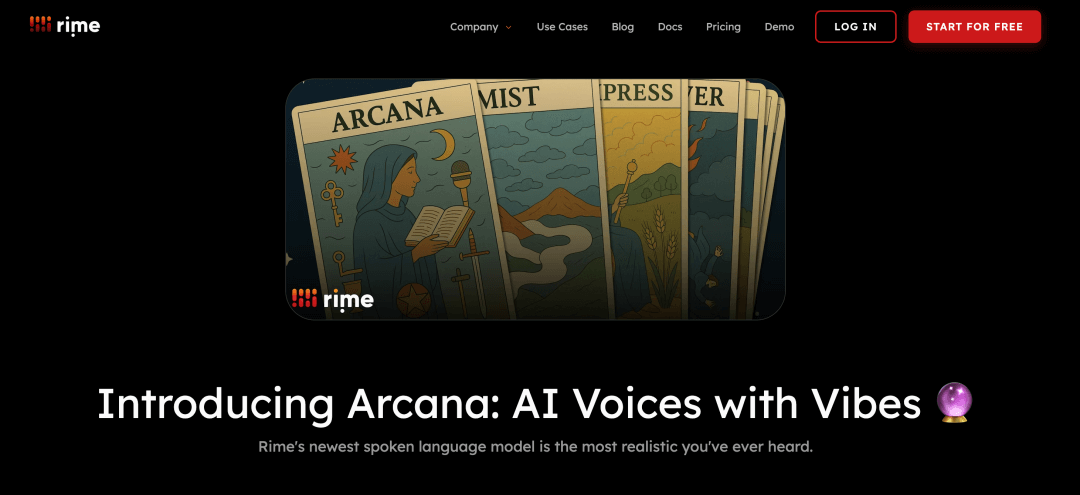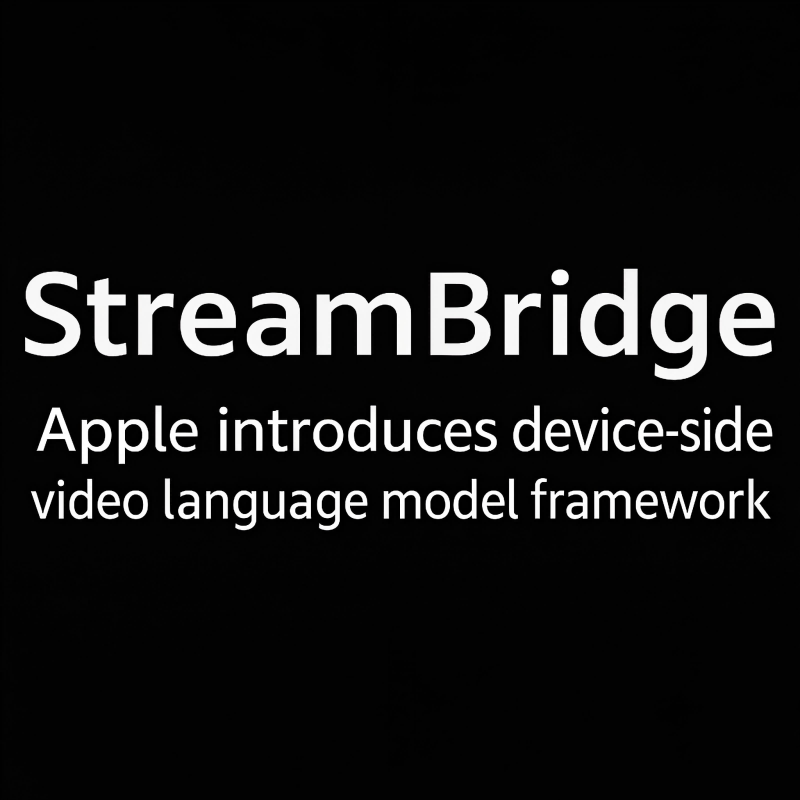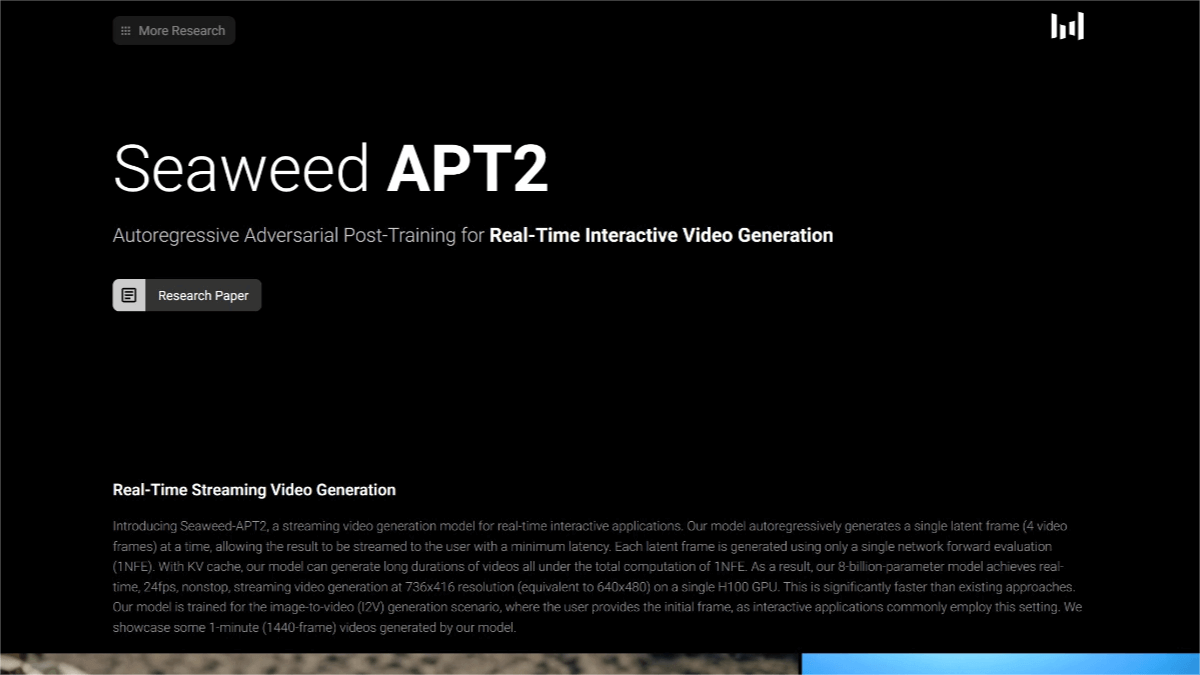Arcana: Breathing Life into AI Voices with Emotion and Nuance
What is Arcana?
Arcana is Rime’s latest text-to-speech (TTS) model that introduces a new level of realism and expressiveness to AI-generated voices. Unlike traditional TTS systems, Arcana captures the full richness of human speech, including subtle rhythms, natural warmth, and the imperfections that make each voice unique. Trained on a massive, proprietary dataset of conversational speech, Arcana can infer emotion from context, laugh, sigh, hum, and even make subtle mouth noises, bringing a human-like quality to AI interactions.

Key Features
-
Emotion-Driven Speech: Arcana infers emotion from context, allowing for speech that reflects the intended sentiment.
-
Expressive Capabilities: The model can laugh, sigh, hum, and produce subtle mouth noises, adding depth to the generated speech.
-
Infinite Voice Generation: By providing a description or fictional name, users can generate unique voices on the fly.
-
High-Fidelity Audio: Utilizes a high-resolution codec to produce clear and natural-sounding speech.
-
Multilingual Support: Trained to handle multilingual conversations, including code-switching between languages.
-
Developer-Friendly API: Designed with developers in mind, offering a straightforward API for integration into applications.
Technical Overview
Arcana is a multimodal, autoregressive TTS model that generates discrete audio tokens from text inputs. These tokens are decoded into high-fidelity speech using a novel codec-based approach, enabling faster-than-real-time synthesis. The model’s architecture includes:
-
Backbone: A large language model (LLM) trained on extensive text and audio data.
-
Audio Codec: Utilizes a high-resolution codec to capture nuanced acoustic details.
-
Tokenization: Employs a discrete tokenization process to represent audio features effectively.
The training process involves three stages:
-
Pre-training: Leveraging open-source LLM backbones and additional pre-training on a large corpus of text-audio pairs to learn general linguistic and acoustic patterns.
-
Supervised Fine-Tuning (SFT): Fine-tuning with a massive, proprietary dataset to achieve unmatched realism and emergent capabilities.
-
Speaker-Specific Fine-Tuning: Optimizing the model for conversations and reliability, resulting in flagship voices that exemplify the model’s capabilities.
Project Repository
-
Official blog introduction:Introducing Arcana: AI Voices with Vibes
Use Cases
-
Customer Support: Enhance customer service interactions with natural and empathetic AI voices.
-
Virtual Assistants: Create engaging and personable virtual assistants that users can relate to.
-
Audiobook Narration: Produce audiobooks with expressive and dynamic narration.
-
Interactive Storytelling: Develop interactive stories with characters that have distinct voices and personalities.
-
Language Learning: Assist in language learning by providing natural pronunciation and conversational practice.
Related Posts




